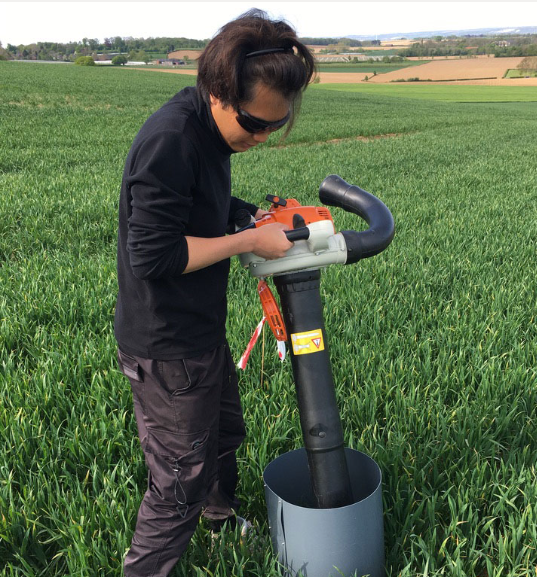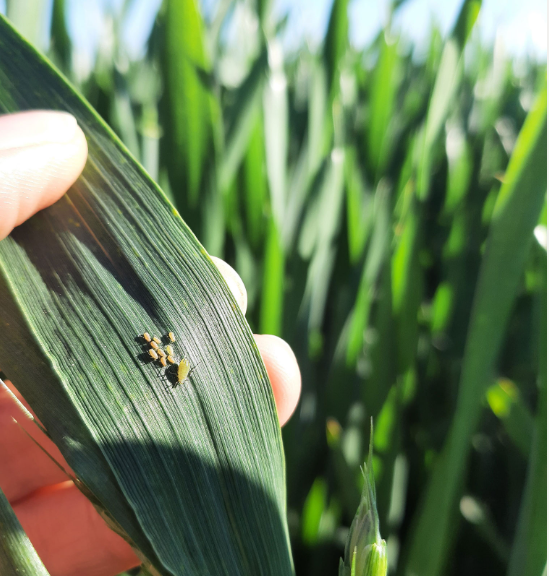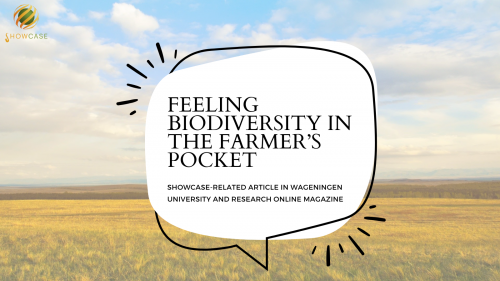The online magazine of Wageningen University & Research has published an article mentioning the SHOWCASE project, more specifically how project coordinator Professor David Kleijn has been engaging local farmers in efforts to bolster biodiversity. He believes previous research focused solely on ecological benefits without considering costs for farmers. Highlighting higher yields from increased bee pollination, he notes the overlooked expenses hindering widespread adoption of biodiversity practices among farmers. Kleijn recognises few farmers prioritise biodiversity due to financial pressures, driven by loan repayments and land prices. Despite individual farmers' potential willingness, financial constraints lead to intensive practices detrimental to biodiversity, which is why Kleijn states, “...if we want farmers to switch to extensive farming, they will need to be compensated for the extra costs”.


Professor Kleijn further argues the necessity of compensating farmers for adopting extensive farming practices to preserve public goods, such as picturesque landscapes and biodiversity. This requires collaboration between farmers and major buyers, who seek methods to reward producers for biodiversity efforts. Kleijn hopes that the SHOWCASE project will aid in developing business models that incentivise and promote biodiversity in farming. This has shown to have a positive impact, as seen by the return of the shrill carder bumblebee in the Geul Valley of South Limburg.
The article also mentions different countries’ priorities within the SHOWCASE project.
Read the full article in the rubric Circular Agriculture here.
Photo 1: A WUR student samples spiders in a wheat field by means of the DVac suction sampling method, using a tool that resembles an inverted leaf blower. Photo: Kiki de Waart
Photo 2: Aphids are prominent pest insects in agriculture and fruit cultivation. Natural enemies oppress pests and their effects on crop yields. Photo: Hila Segre
